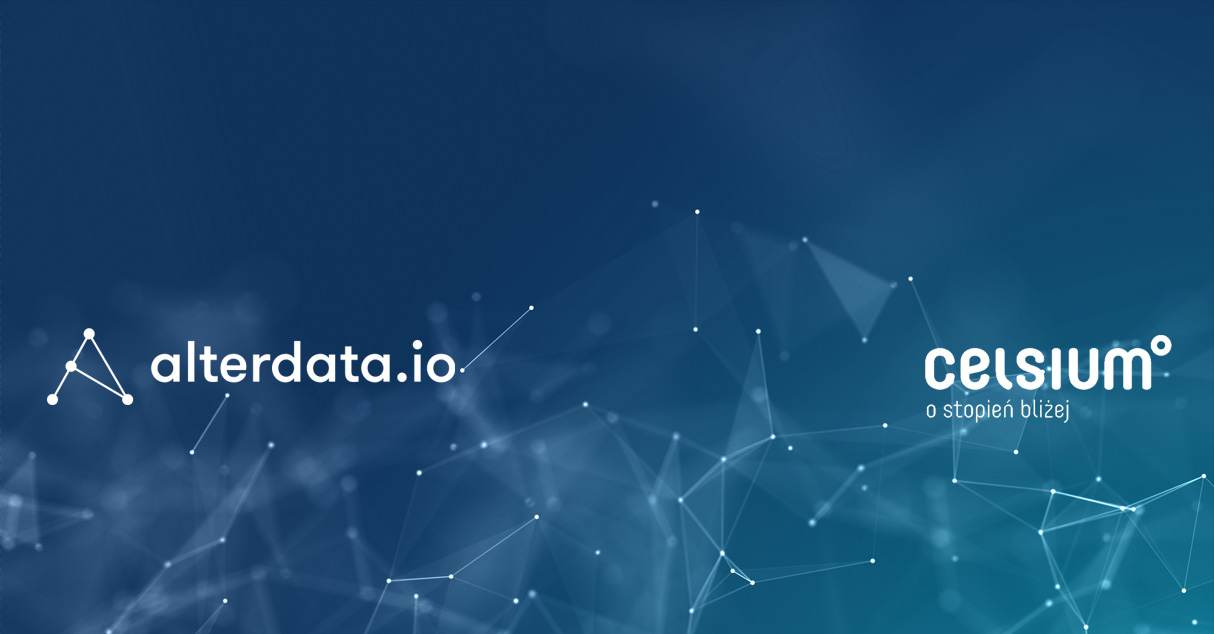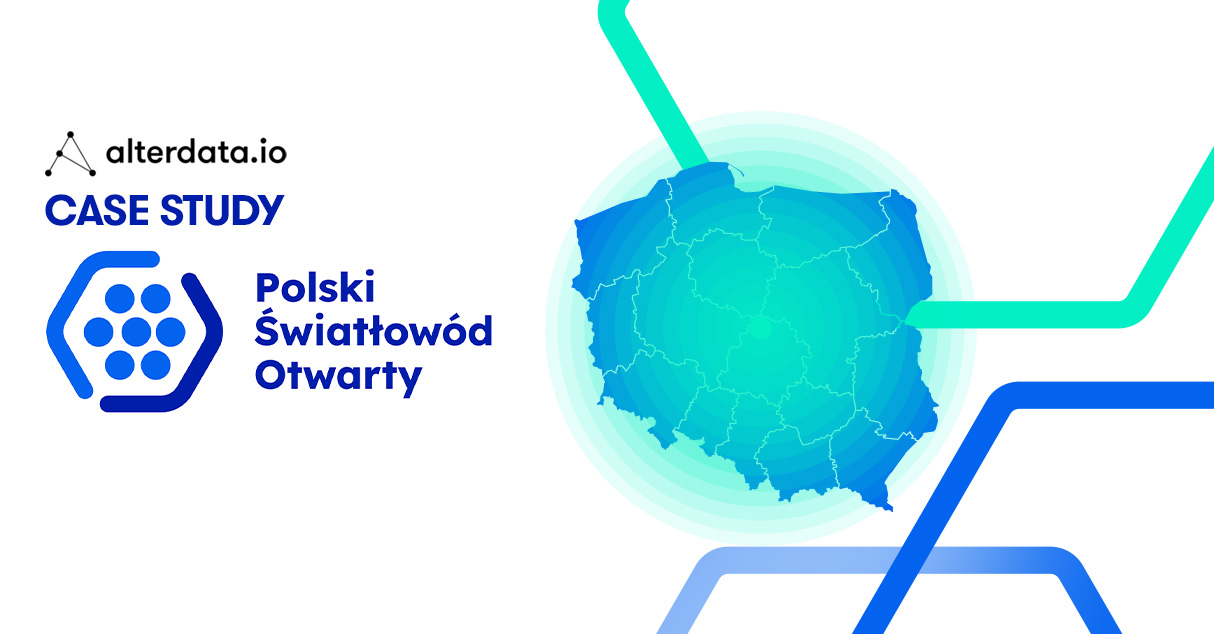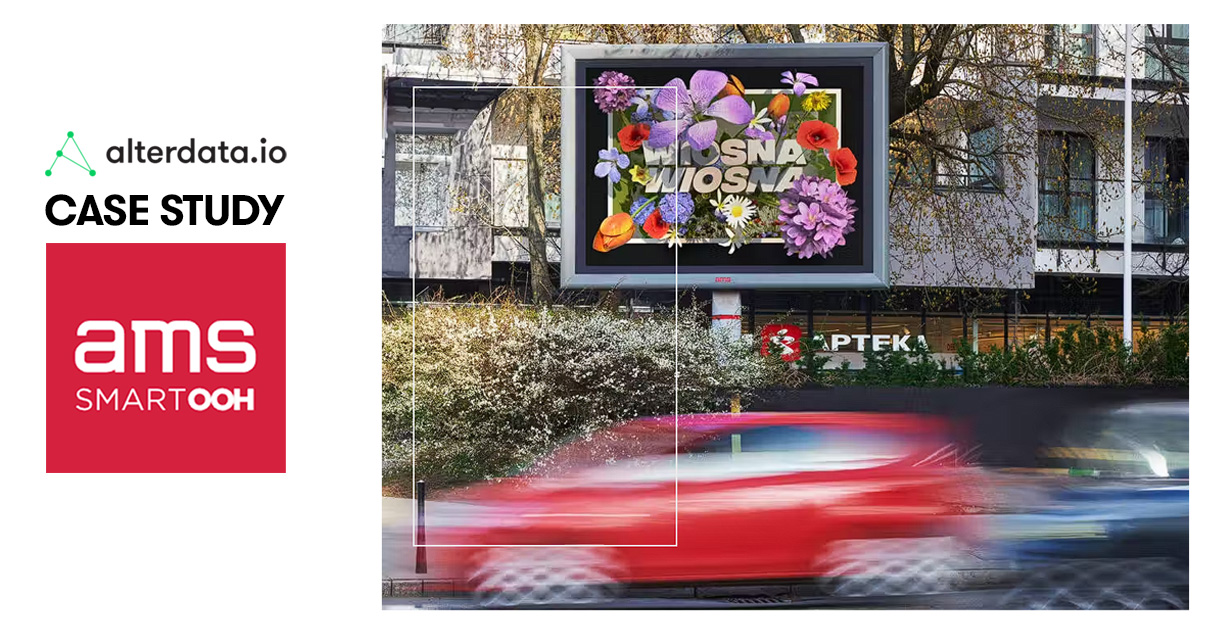Celsium transitioned from a traditionally managed business to a data-driven company. The management began making business decisions based on precise, near-real-time data using Google Cloud solutions.
Celsium is a joint-stock company that has been operating in the heating market since 1974. They aim to provide heat and warm water to individual and business clients.
The company continuously modernizes and expands its heating system to reach as many customers as possible.
*miejsce na testimonal od klienta*
How to Balance Supply with Demand?
The heating industry’s biggest challenge is the optimal management of energy production.
Theoretically, it’s simple: supply heat to the heating network by burning a specific amount of fuel.
But in practice, it’s easy to overestimate or underestimate customer demand due to unpredictable weather, furnace efficiency variations, heating network failures, or changes in buildings’ energy use.
The heating company needs precise, near real-time data for accurate demand assessment and efficient energy expenditure planning.
When Celsium approached us, their data became increasingly difficult to process and control due to the complexity of managing heat metering and, ultimately, was rendered non-consumable.
| A digital transformation was necessary: moving from disorganized, manual data collection to an automated, unified system, scalable in terms of the number of meters/customers and ready for other, more complex analyses. |
Real-time Precise Data Collection
To achieve this, Celsium had to start collecting exact data from all buildings continuously – not just monthly, as they did before.
Why?
With real-time data, you can:
- Predict customers’ energy demand and avoid burning unnecessary coal (and money).
- Avoid the risk of under-heating residences and having unsatisfied customers.
- Better manage daily furnace operations.
- Promptly respond to emergencies, e.g., pipe leaks or meter defects.
- Analyze heating trends on a convenient dashboard.
- Consult clients on efficient energy consumption.
Another area for improvement was the quality and reliability of data.
Celsium collected it from various providers, each having different meters and systems and displaying data differently, which was further complicated by managing meter changes differently.
Moreover, not all furnaces were metered, and not all provided external data. And because meters, according to the law, require homologation, they were also regularly replaced, which wasn’t considered in the data collection process.
On top of that, meter readings were done by humans, who could make errors or might not show up for checks.
| Celsium needed a unified architecture and a foolproof process to eliminate information chaos and the system’s susceptibility to human error. |
Aligning Production with Business
Combining all the challenges mentioned, Celsium mainly wanted to manage the company more confidently.
Making business decisions based on intuition and unreliable data for such a vast operation was a significant pain point, akin to playing business roulette for the management.
For instance, if the company burns 10 tons of coal excessively, how do you find the cause when data is measured differently over a broad time frame?
How do you verify the work of production and managers if the collected data isn’t reliable?
| Celsium needed a single source of truth throughout the enterprise to confidently manage the company and avoid situations where employees base their judgments and directives on opinions or gut feelings. |
*miejsce na testimonal od klienta*
Understanding The Data Collection Process
To tailor a technological solution to Celsium’s challenges, we first conducted business workshops to understand the company’s processes thoroughly.
The audit was focused on a specific business aspect – the method of collecting information about the energy consumption of their clients.
Interestingly, the company was surprised at how complex and error-prone their current data system was: from collection, through billing, to managing.
Each workshop brought us closer to understanding the current process of management, repairs, and replacements of meters, as well as the process of data collection and flow.
On the client’s side, the project manager and two operational specialists participated in the workshops. Depending on the need, the supervisor of data collection and the company’s president also joined.
After the third workshop, when we were sure of the current situation and knew the solution required, we started applying the proper architecture.
Implementing a Tailored Cloud Solution
Our tasks fell into two primary areas. We were first designing a data transformation process, to start gathering data from various sources into one place, unifying it for meaningful business conclusions.
It consisted of integrating up to a dozen sources.
Some of these sources involved straightforward database integrations achieved through scripts in the source systems.
Another part of the integration used direct connections through Cloud Functions (CF), querying external systems while maintaining required security levels.
Additionally, there were complex integrations through protocols managing heating systems.
Simplified, data from databases were directly transferred to BigQuery (BQ), while data from APIs or solutions involving dedicated protocols were collected by CFs and stored in the cloud before being transferred to BQ.
Simultaneously, we analyzed all historical data up to 2 years back to determine individual buildings’ energy consumption accurately.
On top of that, we complemented everything with reports created in Tableau.
| We created a data warehouse, integrating information on how much energy the company produces and consumes. A single source of truth had been established. |
Business Uplift through Data Collection and Processing Revolution
Celsium received a system that automatically collects and unifies data from all sources in near real-time.
The tool reports data to stakeholders daily at an hourly granularity (466 units). With such help, the management can make business decisions based on reliable data, not just intuition or individual employees’ insights.
Notably, the foundation of our proposed solution was the Google platform, which was incredibly cost-effective compared to the operational scale and generated savings.
We’re talking costs of a few hundred dollars a month, with savings of about 0.25 million PLN annually, according to Celsium’s project manager, Krzysztof Pastuszka.
| 5% reduced heating expenses annually +100k PLN yearly in controlling ordered power +80k PLN annually in heating source expenses +80k PLN yearly in optimizing emergencies. |
*miejsce na testimonal od klienta*






